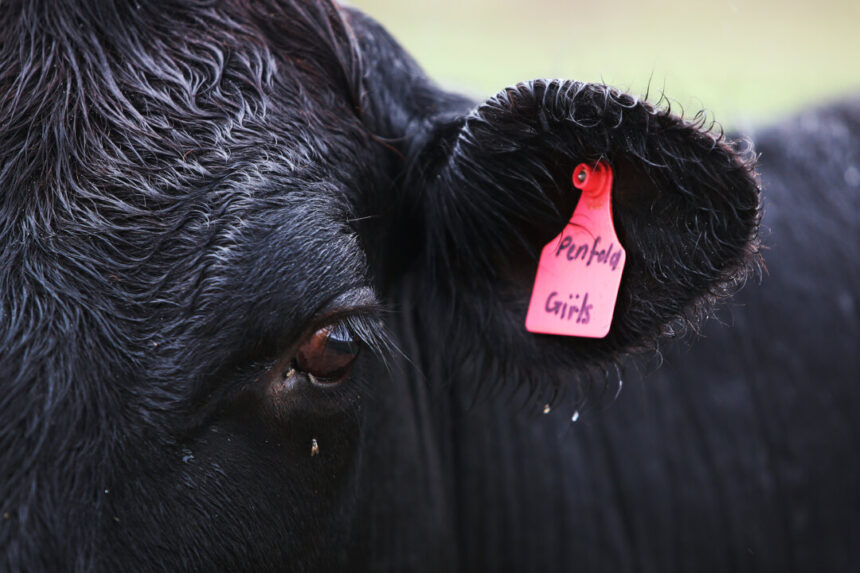Peter Hall, the head of Queensland’s cattle industry, has expressed concerns about the lack of clear global definitions of ‘deforestation’. He warns that new EU deforestation provisions could have far-reaching impacts on global trade.
The European Union Deforestation Regulation (EUDR) mandates that exporters must demonstrate that their products are free from deforestation. Non-compliance could result in fines of up to 4 percent of global turnover starting from Dec. 30, potentially leading companies to enforce standards beyond the EUDR’s requirements.
Despite the environmental aims of the regulation, Hall, who leads the cattle division at AgForce, argues that the EUDR poses logistical and financial challenges for farmers already subject to strict regulations under the Vegetation Management Act.
Hall points out that the EUDR may create additional trade barriers globally, potentially excluding Australian exporters from vital markets. He also highlights the absence of a clear global definition of ‘deforestation,’ which could encompass sustainable land used for grazing.
The president notes that commodities like beef are subject to the new rules, requiring farmers to provide geolocation data to prove that no grazing land has been cleared—a burdensome regulatory requirement.
Hall references the concerns raised by the U.S. and Canada, both of which have called for a delay in the implementation of the regulation.
Industry Facing Numerous Challenges
The EUDR adds to the challenges confronting the agricultural sector, with Australian farmers recently protesting outside Parliament House in Canberra against the planned phase-out of live sheep exports.
The rally highlighted broader concerns, including water buybacks, biosecurity charges, superannuation contributions, and the impact of energy developments on the industry.
Continued Worries About Live Export Ban
Hall emphasizes the vital role played by the live export sector in supporting Australian farmers. He notes Australia’s stringent animal welfare standards and the Export Supply Chain Assurance System’s role in ensuring humane treatment of animals throughout the export journey.
The phased-out live sheep exports by sea will conclude by May 1, 2028, with trade continuing without additional restrictions until then.
Opposition leaders have pledged to reverse the ban if elected, highlighting the importance of the Australian market for countries like Indonesia and Vietnam.
Hall warns that any policy changes perceived as prioritizing activist groups over practical considerations could harm Australia’s reputation as a reliable food exporter.
Carbon and Methane Challenges in the Cattle Industry
Hall underscores the growing focus on carbon and methane emissions in the cattle industry, presenting both opportunities and risks for producers.
The complexity of carbon accounting, land competition, and compliance costs pose significant challenges for the industry, with rising land prices impacting profitability and access for new entrants.
As the industry grapples with economic pressures and regulatory demands, Hall stresses the importance of finding a balance between environmental concerns and sustainable practices in the cattle industry.
Please rephrase this sentence.
Source link





